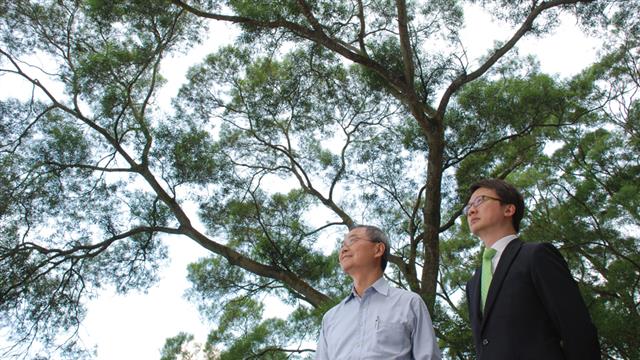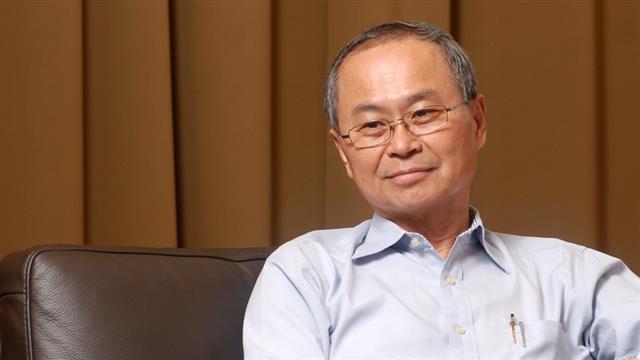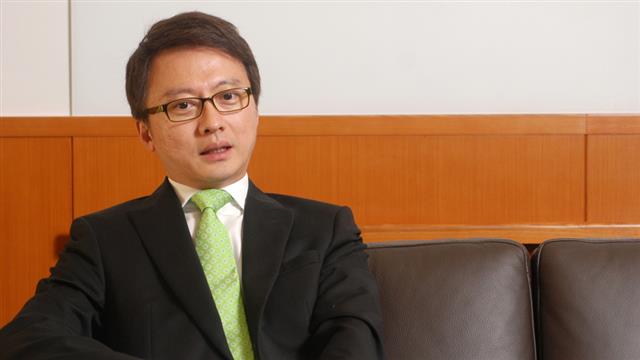Outside the neonatal intensive care unit, a father, whose premature baby was born with deformities, dropped to his knees and pleaded with Prof. Fok Tai-fai to end his child's suffering. 'To ask me to end the baby's life is tantamount to asking me to kill. I cannot go against my morals, but I also know it's not something that's easy to deal with,' said Professor Fok.
With advances in medicine and biotechnology, health practitioners of the new age face a whole new raft of moral and ethical issues besides treating diseases. We all know medical technologies are well developed nowadays, but how well exactly? Professor Fok said the best is in sustaining life. 'Even patients in a vegetative state can live on for years, though this is not necessarily an ethical practice.'
In Hong Kong, biotechnology is developing at a similar pace to the rest of the world. While the city has one of the biggest genome sequencing centres in the world, there was no integrated platform for research and education in bioethical issues arising from the fields of health care and life sciences. That changed, however, when CUHK established Hong Kong's first multidisciplinary bioethics centre under its medical school. Professor Fok is the interim director of the new centre. 'The two medical schools in Hong Kong have always had ethics education in their curriculum, but it was not offered systematically. Many of our colleagues are doing research on ethics, but we haven't been able to integrate their work. The establishment of the bioethics centre brings together ethics education and research. It serves as a platform for the Faculty of Medicine, for other disciplines, and for interested parties outside the University to work toward a common goal.'
Interdisciplinary Bioethics Education
The existing 40-hour ethics classes dispersed over the six-year medical curriculum will be restructured. Starting from the next academic year, undergraduate students of medicine, public health, nursing, Chinese medicine and pharmacy will receive structured ethics training. 'The most important duty of a health care provider, whether a doctor, a nurse, or a pharmacist, is to take good care of life. Without proper understanding of moral standards and codes of conduct, it's impossible to become health care professionals,' said Prof. Francis Chan, Dean of the Faculty of Medicine.
Just as the field of bioethics is intrinsically interdisciplinary, the Centre for Bioethics requires a teaching team of scholars and researchers from a variety of disciplines who are working on bioethics. These include philosophy, sociology, anthropology, psychology, media studies and life science. The target students are not limited to the Faculty of Medicine, as part of the course will be included in University General Education which is open to all undergraduate students. 'To study bioethics is not the sole prerogative of future health care providers. To know life and to respect life are essential to each university student. When students of philosophy, law, and sociology are brought together to contribute their different points of view, the impact is better than the same with a class of only medical students,' observed Professor Chan.
The centre made its first move in July by hosting a workshop jointly with the Hastings Centre which pioneered the setting up of a bioethics centre in New York 45 years ago. Doctors, scientists, students, philosophers and Hospital Authority staff discussed the ethical challenges that occur at the beginning of life and those at the end of life, as well as the tools and critical skills for the teaching of bioethics. At present, the centre is setting up its office, recruiting and training the trainers, enlisting big-name bioethicists, and developing a new curriculum to prepare for the inauguration of the centre next January.
Complicated ethical issues, Professor Chan said, can be taught by different means. 'Basic theories, concepts and schools of thoughts will be taught through lectures. When it comes to in-depth case studies, tutorials can help students internalize their understanding of actual cases. By means of workshops, students are given a chance to scrutinize hypothetical situations, analyse the ethical dilemmas involved from various perspectives, and present an optimal solution.'
The Ethics of ‘Designer’ Babies
The professors demonstrated how to approach ethical issues using the strive for a 'designer' baby as an example. 'Prenatal examinations in the past could only tell the baby's gender. Nowadays, prenatal genetic testing is being used to screen for Down syndrome. In the foreseeable future, people may even be able to find out the baby's IQ and likelihood of suffering from serious illnesses such as cancer, diabetes, and heart disease. This could entail moral and ethical consequences. Couples dissatisfied with the test results may consider it their right to abort the pregnancy, and have another shot at having a “designer” baby who would ace the IQ and health prediction tests,' said Professor Chan.
'Complicating the matter is financial resources,' Professor Fok added. 'Technologies like this cost a fortune, which only the super rich could afford. Does it mean that the progeny of the rich are entitled to being smarter, while those of the poor are meant to be inferior? Is that ethical?'
One of the centre's core aims is to raise awareness of biomedical ethics within the Hong Kong community. 'Not only doctors but also patients need to know bioethics. Many conflicts between the two are due to a lack of common understanding of this issue. For example, a doctor decides not to use a certain medication to avoid increasing the patient's suffering. However, the patient might be under the impression that the doctor is giving up on him/her. If there's understanding between both parties, they can figure out the right thing to do in a rational way,' said Professor Fok.




